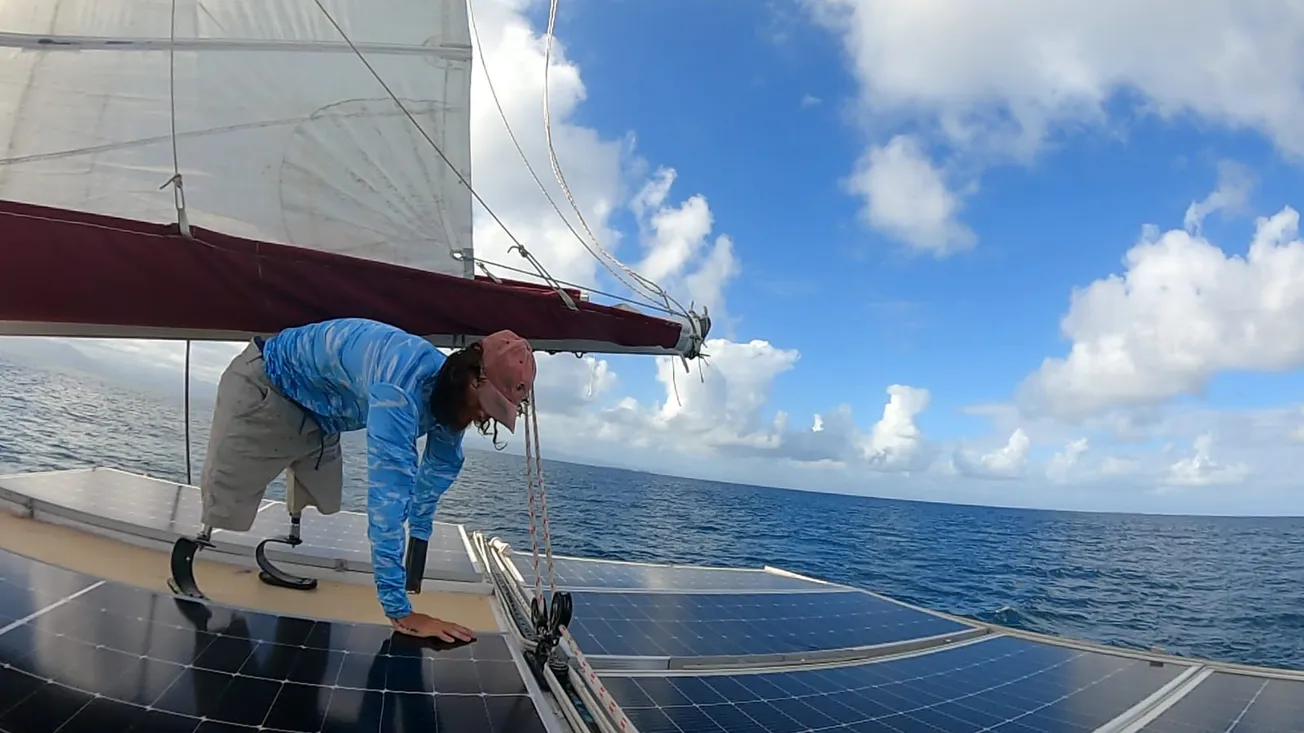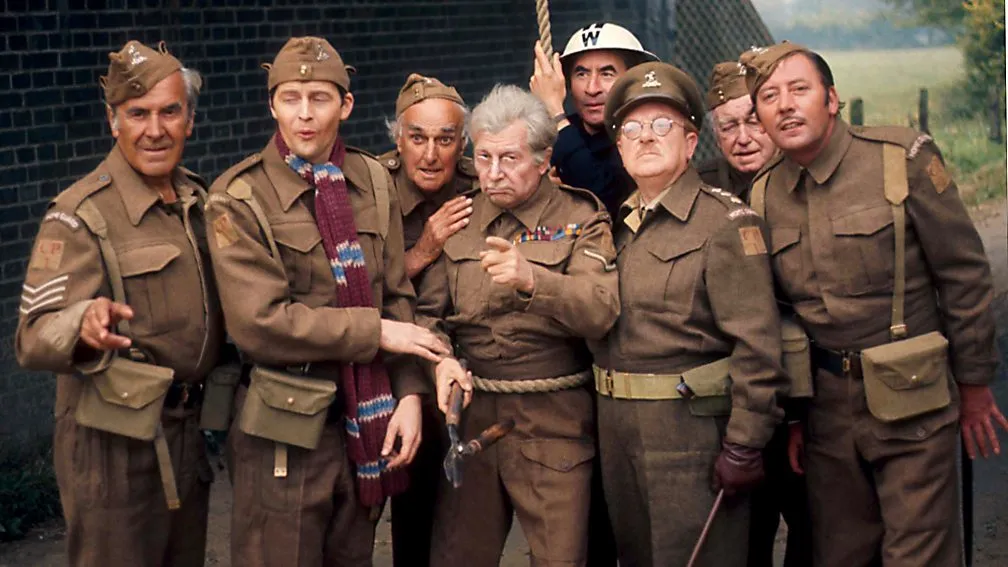For many veterans, aches, stiffness, and limited mobility are all too familiar—whether from years of carrying heavy kit, long hours on your feet, or simply the wear and tear of service life. One approach that’s gaining traction in the world of health and fitness is Kinetic Chain Release (KCR), a simple but effective system designed to help restore balance to the body.
What is Kinetic Chain Release?
Kinetic Chain Release is a series of gentle, carefully applied stretches and mobilisations that work through the body’s “kinetic chain”—the interconnected system of joints, muscles, and soft tissues that allow us to move. When one link in the chain is restricted, the rest of the body compensates, often leading to pain, reduced mobility, and even long-term injury.
KCR was developed by Scottish physiotherapist Hugh Gilbert and is now used worldwide. Unlike invasive treatments or punishing workouts, it focuses on correcting imbalances and releasing tension, leaving the body free to function as it should.
The Benefits
For veterans—and anyone looking to improve their health and wellbeing—KCR offers a range of potential benefits:
- Pain relief – By addressing imbalances, KCR can reduce back, hip, shoulder, and knee pain that may have built up over the years.
- Improved posture – Service life often leaves its mark on posture. KCR helps reset the body, encouraging alignment and balance.
- Greater flexibility and mobility – The techniques gently increase range of motion, making everyday movement easier and reducing the risk of strains.
- Enhanced recovery – For those who train hard, whether in the gym or on the rugby pitch, KCR can support faster recovery and reduce niggling injuries.
- Mental wellbeing – Many people report feeling lighter, calmer, and more energised after a session. The release of tension in the body often has a knock-on effect on the mind.
Why It Matters for Veterans
Military service places huge demands on the body. Heavy Bergens, repetitive drills, high-impact training, and even old injuries can leave lasting imbalances. KCR doesn’t just treat symptoms—it works to address the root cause, often providing long-term relief and renewed freedom of movement.
Many veterans who’ve tried KCR describe it as “resetting” their body—helping them regain comfort and mobility they thought they’d lost for good.
How to Try It
KCR is carried out by qualified practitioners, usually in sessions lasting around 45 minutes to an hour. It’s non-invasive, carried out over light clothing, and most people feel the difference immediately. If you’re curious, a quick search will show you KCR-certified therapists across the UK.
Whether you’re struggling with persistent aches or just want to move more freely, Kinetic Chain Release could be worth exploring. It’s a gentle, practical way to unlock the body’s potential—and for veterans looking to stay active long after service, that’s no small thing.









